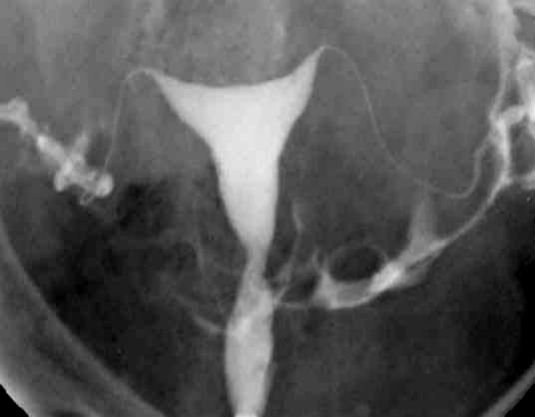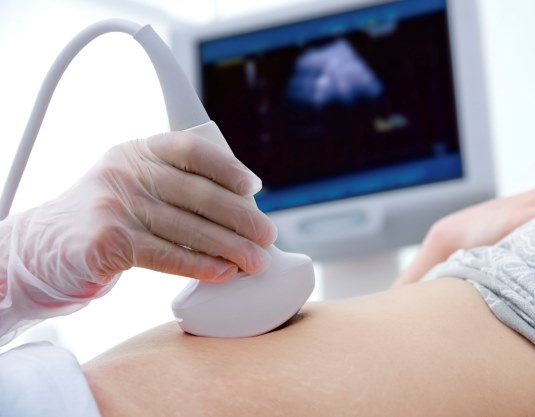Why monitor a menstrual cycle? If a woman has an irregular menstrual cycle, monitoring her cycle with ultrasound scans and hormone assessments may help to identify the fertile time of the month and so improve the chances of a natural conception. Ovulation induction If ovulation is not occurring, then fertility drugs may be administered after
Laparoscopy A small telescope is inserted through a tiny 1cm incision inside the umbilicus and a second 1cm incision in the bikini line is used to introduce an instrument to enable the uterus, ovaries and fallopian tubes to be examined carefully. As well as dye assessment of the tubes, gynaecological laparoscopy also allows a full
Approximately 15% of couples suffer from tubal subfertility and this is likely to be significantly higher in those with secondary subfertility i.e. struggling to conceive following previous pregnancies. At the Lister Fertility Clinic, we believe that tubal assessment of the fallopian tubes should therefore form part of first-line fertility investigation. It may also be of
Pelvic ultrasound is one of the key components of a full fertility assessment. By performing transvaginal ultrasound we can assess the pelvis for signs of any underlying gynecological conditions that may impact on fertility and IVF success rates, such as endometriosis or fibroids, as well as assessing the health of the lining of the womb
The Endometrial Receptivity Array test (ERA) is a pioneering test that allows us to test the “receptivity” of the endometrium (womb lining) and may offer the opportunity to personalize the timing of embryo transfer to maximize chances of implantation. In both natural cycles after ovulation and after egg collection in IVF treatments there is an
In the majority of cases when an IVF treatment cycle fails or when someone suffers a miscarriage the cause is embryo-related. However, should couples fail to achieve success repeatedly with good quality embryos (recurrent implantation failure – RIF) or suffer from recurrent miscarriage (RM) further investigation should be considered to minimize the physical and emotional
Recurrent miscarriages and failure of implantation after transfer of good quality embryos in IVF treatment are the two major challenges in reproductive medicine. In the past decade considerable efforts have been made to identify possible immunological causes for these challenges through reproductive immunology. Although your immune system is designed to fight infection and eliminate foreign
Sperm DNA damage can reduce IVF success rates and increase the chance of Miscarriage. Many couples trying for a baby through private fertility treatments may be missing out on information that could improve their chances. Around 1 in 6 couples in the UK experience the emotional heartache of infertility and should these couples be given
When a cause is identified in couples who struggle to conceive, a male-factor issue is the most common finding. 25% of couples have a significant male-factor problem that is likely to be the key issue and a minor male-factor problem plays a role in a further 25% of couples. A simple semen analysis is therefore
Ovarian reserve (OR) can be defined as the quantity and quality of the follicles left in the ovary at any given time. Unlike other fertility issues such as tubal block or a slightly lower sperm count where treatments such as IVF or ICSI can overcome the problem, a healthy woman has a finite number of
 Ελληνικα
Ελληνικα  English
English 









